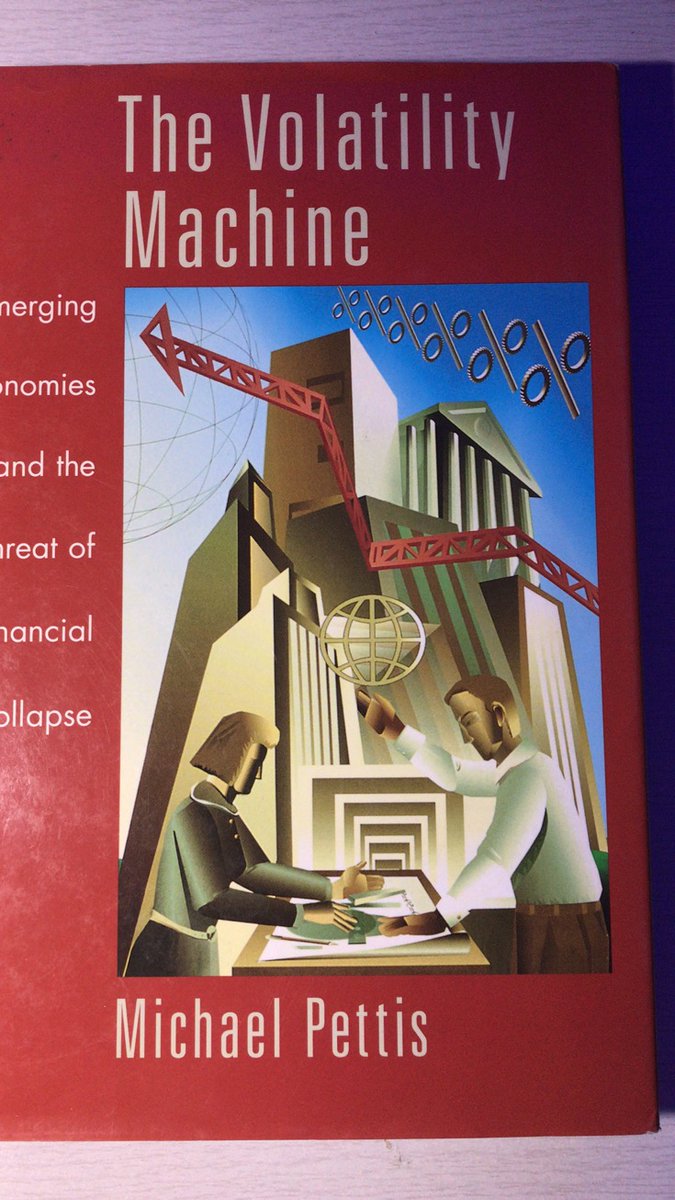
1/4
"Current estimates put the size of the capital injection Huarong needs at around 100 billion yuan. Citic Group will provide the lion’s share of the funds, between 20 billion yuan and 50 billion yuan, most likely raised through bond issuance."
caixinglobal.com/2021-09-16/hua…
"Current estimates put the size of the capital injection Huarong needs at around 100 billion yuan. Citic Group will provide the lion’s share of the funds, between 20 billion yuan and 50 billion yuan, most likely raised through bond issuance."
caixinglobal.com/2021-09-16/hua…
2/4
Now that Huarong's intervention has been completed and it is in the process of recapitalization, it's easy to forget about it, but the ways in which the authorities dispose of Huarong's assets will tell us something about how future large insolvencies will be treated.
Now that Huarong's intervention has been completed and it is in the process of recapitalization, it's easy to forget about it, but the ways in which the authorities dispose of Huarong's assets will tell us something about how future large insolvencies will be treated.
3/4
For now they seem to be moving quickly to liquidate assets, which is a very good thing, although it is not clear if these will be sold at clearing prices or whether there will be pressure on buyers to pay whatever amount Huarong needs to be remain technically solvent.
For now they seem to be moving quickly to liquidate assets, which is a very good thing, although it is not clear if these will be sold at clearing prices or whether there will be pressure on buyers to pay whatever amount Huarong needs to be remain technically solvent.
4/4
It is worth noting that to the extent that Huarong's overvalued assets are written down to their correct values, this represents the amortization of bezzle.
carnegieendowment.org/chinafinancial…
It is worth noting that to the extent that Huarong's overvalued assets are written down to their correct values, this represents the amortization of bezzle.
carnegieendowment.org/chinafinancial…
• • •
Missing some Tweet in this thread? You can try to
force a refresh




